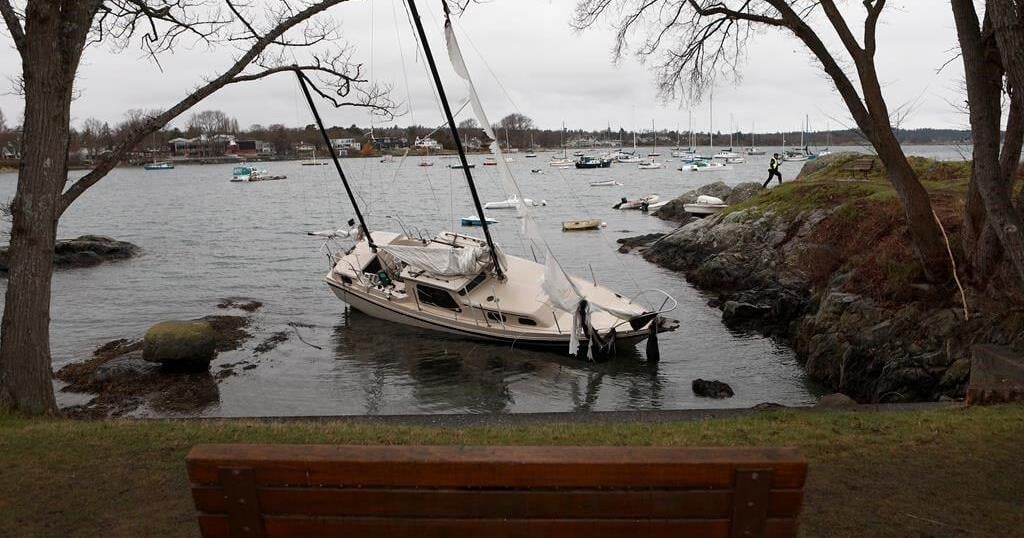The recent report indicating that over 100,000 BC Hydro customers experienced power outages due to a severe "bomb cyclone" underscores the vulnerabilities inherent in modern energy infrastructure. Such extreme weather events can lead to significant disruptions, not only affecting individual households but also posing broader challenges to regional power grids. The interplay between climate change and weather patterns has intensified the frequency and severity of these anomalies, necessitating urgent attention from policymakers and utility providers.
The significant fall storm arrived about 400 kilometres off the west coast of Vancouver Island by the late afternoon. Environment and Climate Change Canada predicted winds would peak late Tuesday night.
As of Tuesday night, homes and businesses in the Nanaimo area, Parksville, Qualicum Beach, and other northern municipalities on the Island were most affected by power outages.
In the Lower Mainland, tens of thousands of customers were in the dark Tuesday evening — with Richmond hit hardest early on.
The measurement needed to determine whether a cyclone can be classified a bomb cyclone can be tricky, but it largely concerns a swift drop in pressure. Atmospheric pressure is measured in millibars by the National Weather Service. If a storm decreases 24 millibars or more in 24 hours or less, it can be considered a bomb cyclone, said Stephen Baron, a forecaster with the weather service in Gray, Maine.
Bomb cyclones have been associated with major weather events all over the country in recent years. Hurricane Milton, which made landfall in Florida last month as a Category 3 hurricane, was a recent example of a bomb cyclone, Baron said.
A bomb cyclone in 2018, which helped popularize the term on social media, brought snow to the Southeast and winds that were close to hurricane force. Another in 2022 brought extreme weather and bitter cold to much of the country.
In conclusion, as climate-related incidents like bomb cyclones become increasingly common, it is imperative for energy sectors to bolster their preparedness. This includes enhancing infrastructure resilience and improving response mechanisms to minimize customer impact during future emergencies. Addressing these vulnerabilities will be crucial in ensuring reliable electricity delivery in an era of unpredictable weather patterns.
Read more
Cold Weather Payments activated in 18 locations as the UK prepares for snow—here’s how to check if you qualify for £25 this week Argentina win over Peru 1-0Sarah H
Also on site :
- Michael Mosley’s family say ‘it’s hard to believe that a year has passed’ since his death
- How to prevent sports injuries in children
- What men need to know about prostatectomies – according to prostate cancer specialists

